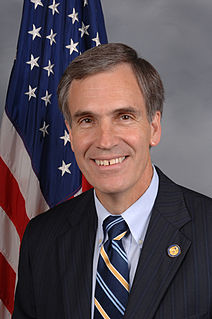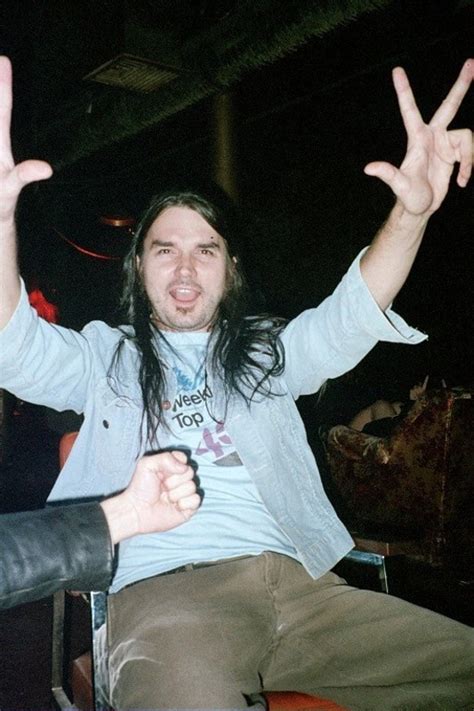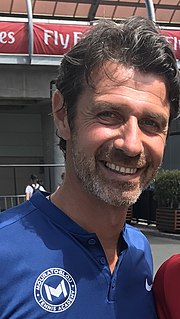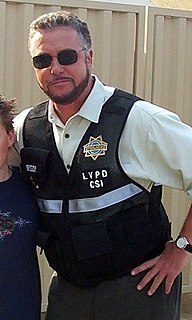A Quote by Raymond Kelly
When I had the job of police commissioner, 20 years ago, I was more sensitive, more cognizant of complaints and concerned about public opinion. I've learned to do what I think is the right thing. That lessens the impact of criticism. You get used to a pressurized environment and expect it every day.
Related Quotes
Incivility is a symptom, not the disease. We've always had partisan conflict in Congress, and we always will. Yet when I worked for a year (1970-71) on the staff of Sen. Ed Muskie of Maine, this was a different place, more collegial, more sensitive to data, more concerned about all of the American people. I think because the for-profit media prizes conflict above cooperation and sound bites above analysis, politicians have learned to adapt to those tendencies. Consequently, our public debates are dumbed down as our problems grow more complex.
You just do the best you can. It doesn't necessarily mean that you have to get worse the more you do it. It can get better, I think... aspects of it, anyway. I mean, I don't write as much as I used to. But I don't do a lot of things as much as I used to. So that's the natural order of things, too. You're more or less living in the present. You're just trying to get that next song, whatever it is. And not think too much about what happened on the last record, or the record you made 20 years ago, because those are over with. Those are done.
I picked up an issue of 'Cosmopolitan' the other day that had tips for job interviews, because I was like, "I need to get better at interviews." The article was basically about how to get someone not to hate you in 20 minutes. Every single thing they told you not to do, I was like, "I do that every day."
I picked up an issue of Cosmopolitan the other day that had tips for job interviews, because I was like, 'I need to get better at interviews.' The article was basically about how to get someone not to hate you in 20 minutes. Every single thing they told you not to do, I was like, 'I do that every day.'
For many years I thought my job was to go to places where it would be difficult for most of the readers to ever get to. Now, in the more than 20 years I've been doing this, the concept of adventure-travel trips or expeditions by groups has sprung up. The places I went 20 years ago now have adventure-travel trips.
I used to think that when I got older, the world would make so much more sense. But you know what? The older I get, the more confusing it is to me. The more complicated it is. Harder. You’d think we’d be getting better at it. But there’s just more and more chaos. The pieces—they’re everywhere. And nobody knows what to do about it. I find myself grasping, Nick. You know that feeling? That feeling when you just want the right thing to fall into the right place, not only because it’s right, but because it will mean that such a thing is still possible? I want to believe in that.
I don't have a very high opinion, actually, of the world of criticism - or the practice of criticism. I think I admire art criticism, criticism of painting and sculpture, far more than I do that of say films and books, literary or film criticism. But I don't much like the practice. I think there are an awful lot of bad people in it.
I think when I started modeling three years ago, it was just a job, and I was so excited - everything was so new, so crazy. I didn't overthink anything; I just did it and enjoyed myself along the way. But after a few seasons, you get used to it, and there's a lot you actually have to think about, and, I don't know, it just makes you much more aware of what you look like and what other people think. It's a bit of a nightmare.



































